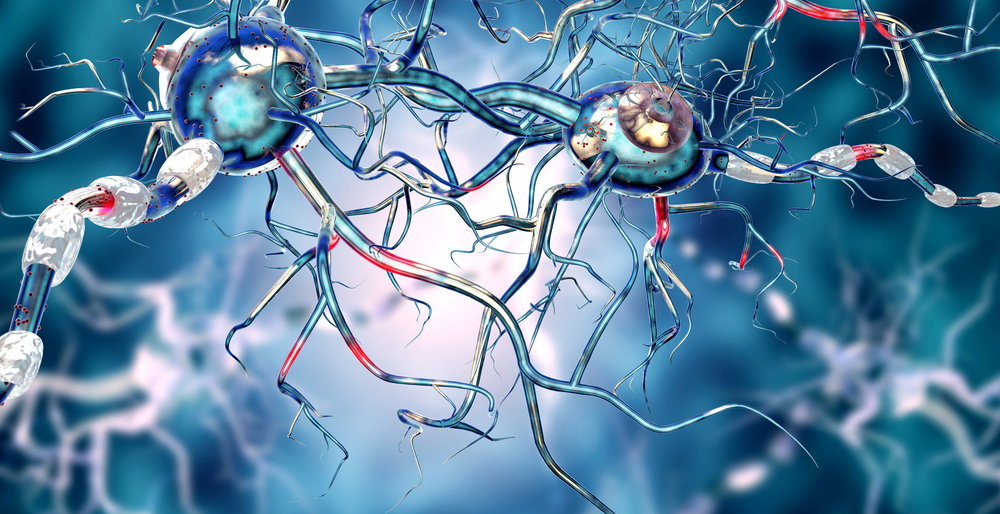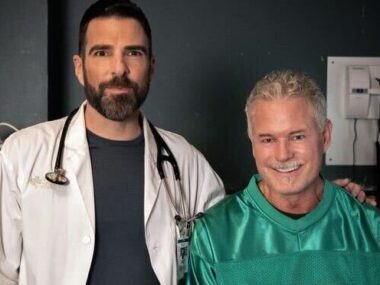New University of Washington Center to Produce Stem Cells for Research on Muscle Disorders Such as ALS
Written by |

A new muscle science and disease research center has opened at the University of Washington (UW) to investigate better treatment options for disorders such as amyotrophic lateral sclerosis (ALS).
The Center for Translational Muscle Research will work in collaboration with the university’s labs and other Seattle-area institutions on studies ranging from the fundamentals of muscle-related proteins, genes, and cell biology, to prospective therapies for diseases characterized by progressive muscle weakness.
“What the new muscle research center offers patients with these diseases, many of whom are racing against time, is hope,” said Michael Regnier, a professor of bioengineering at UW, in a news release.
For many of the conditions to be studied, symptom management is the only option available. In addition to such medications for ALS, federally approved treatments are limited to Rilutek (riluzole, marketed by Sanofi), Tiglutik (riluzole oral suspension, marketed by ITF Pharma), and Radicava (edavarone, marketed in the U.S. by MT Pharma). No therapy can reverse the damage of the disease, which leads to steadily increasing muscle weakness and functional problems in breathing and swallowing.
Still, advances in areas such as gene therapy and stem cell biology could ultimately lead to more therapeutic choices by targeting specific genes. In ALS, some genes are known to be modified or mutated, which can harm nerve cells in different ways.
Genetically modified stem cells can be used to deliver growth factors and other molecules to patients’ cells — a potential approach to treating ALS. The types of stem cells of interest include induced pluripotent, which may be among the most promising of cells with treatment potential, and mesenchymal stem cells.
A major center effort will be the production of human stem cells, including those derived from patient cells, to create lab dish models. The hope is that such models, which will be used for treatment development, will also enhance understanding of ALS and other diseases.
In addition to ALS, the center will initially focus on disorders such as myotubular myopathy — the most common and severe form of centronuclear myopathy, which is a type of inherited myopathy that causes problems with the tone and contraction of skeletal muscles.
The center will also study muscular dystrophy, a group of more than 30 inherited diseases that lead to progressive weakening and loss of muscle control. For that work, scientists will partner with programs such as the UW’s Wellstone Muscular Dystrophy Specialized Research Center.
The center’s clinical partners will include pediatric experts in rare genetic diseases, along with physical medicine specialists who treat patients with neuromuscular disorders at sites including the UW’s Rehabilitation Medicine Clinic.
“The Center for Translational Muscle Research will accelerate everything we do. Having access to these core services will be a game-changer for researchers,” said David Mack, a professor of rehabilitation at the university. “We’ll see integrated data flowing at full speed between the cores. It clears the path forward for all of us.”





